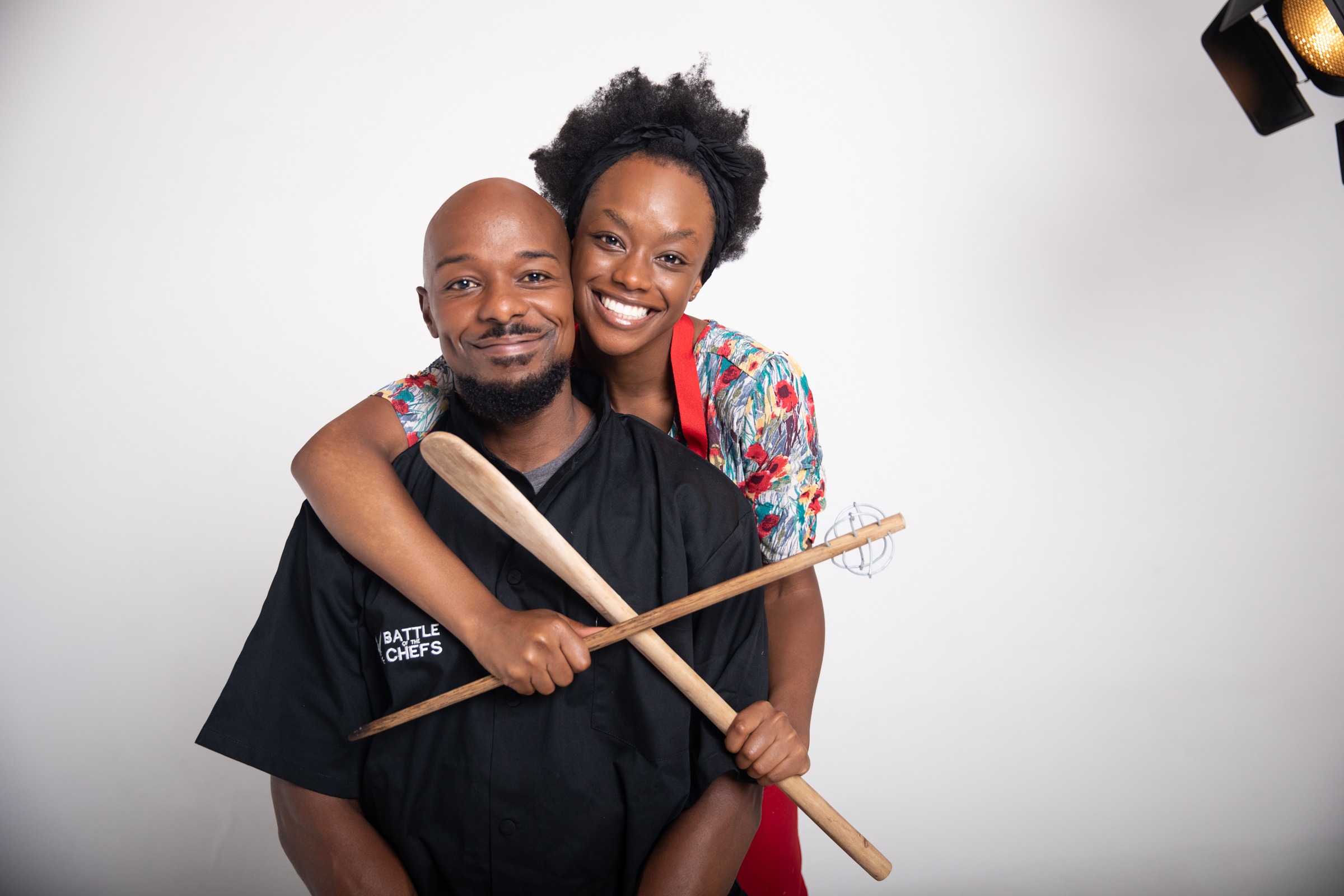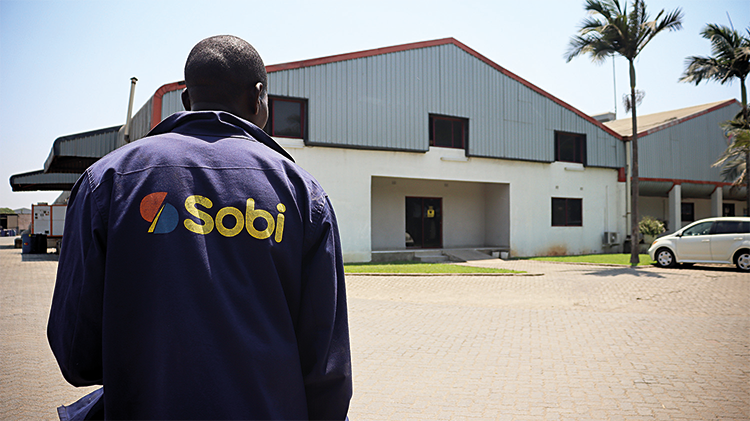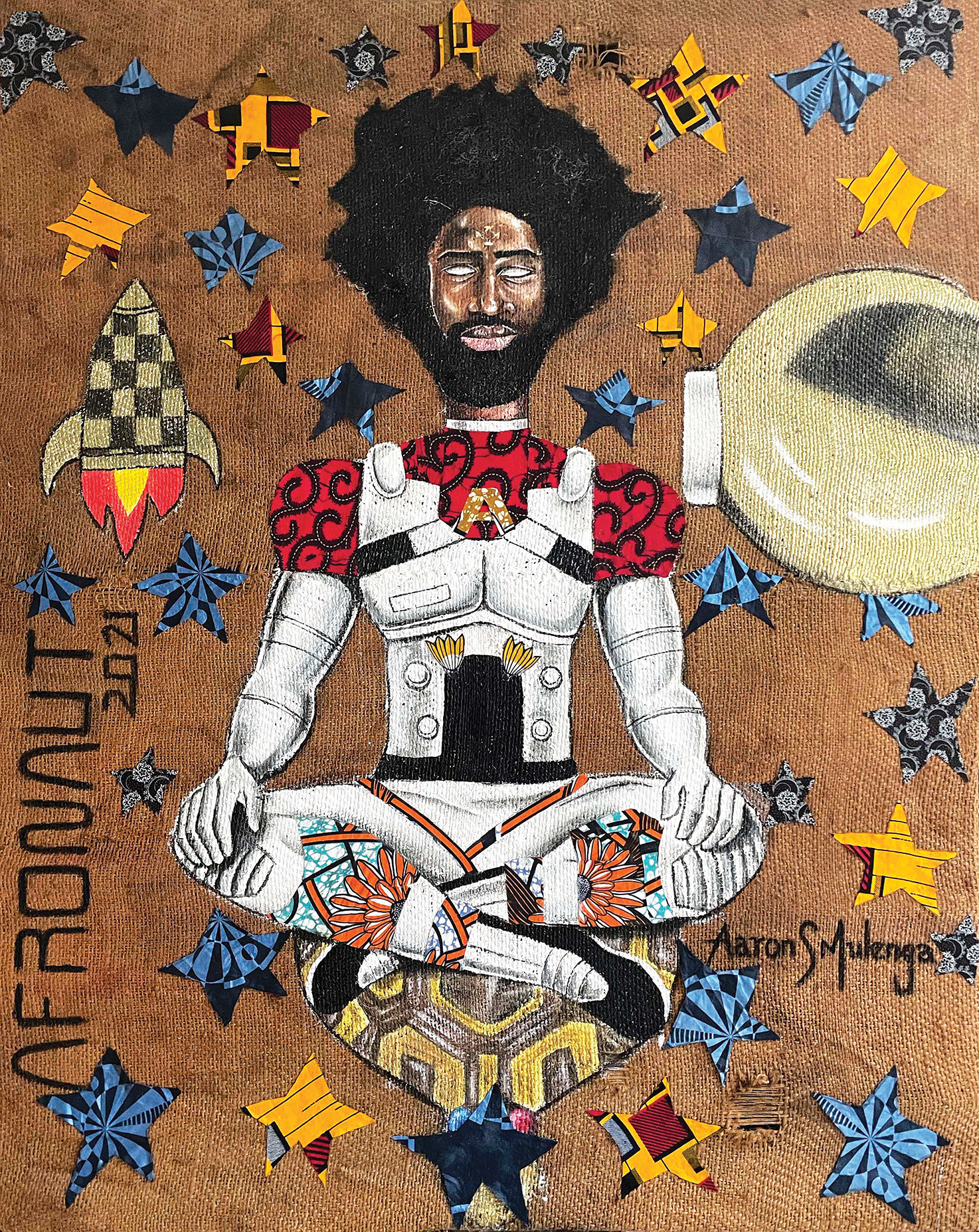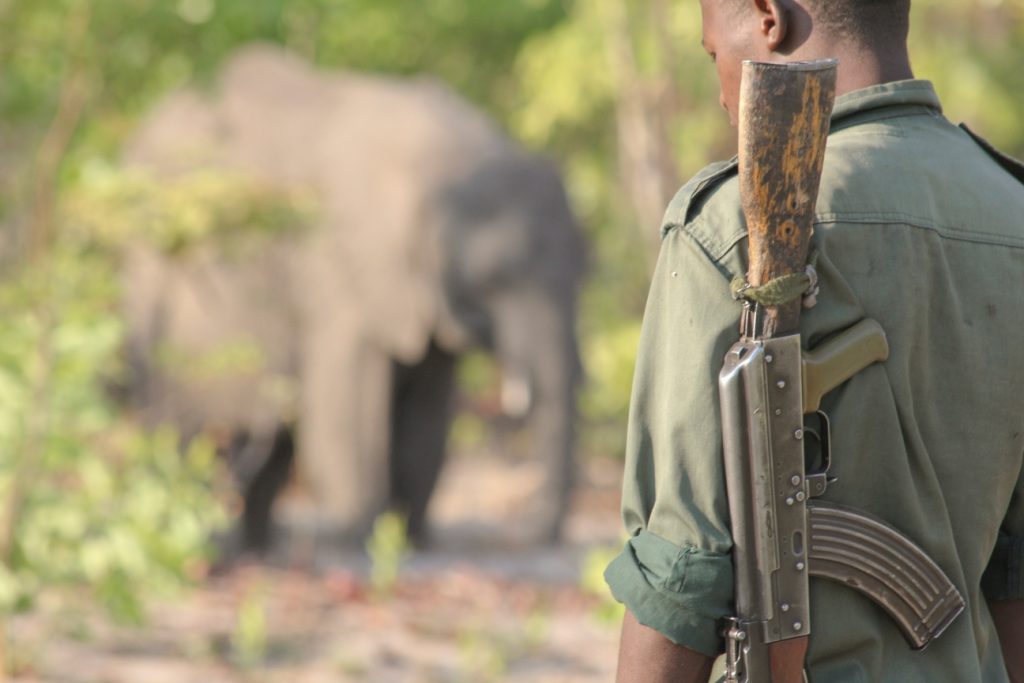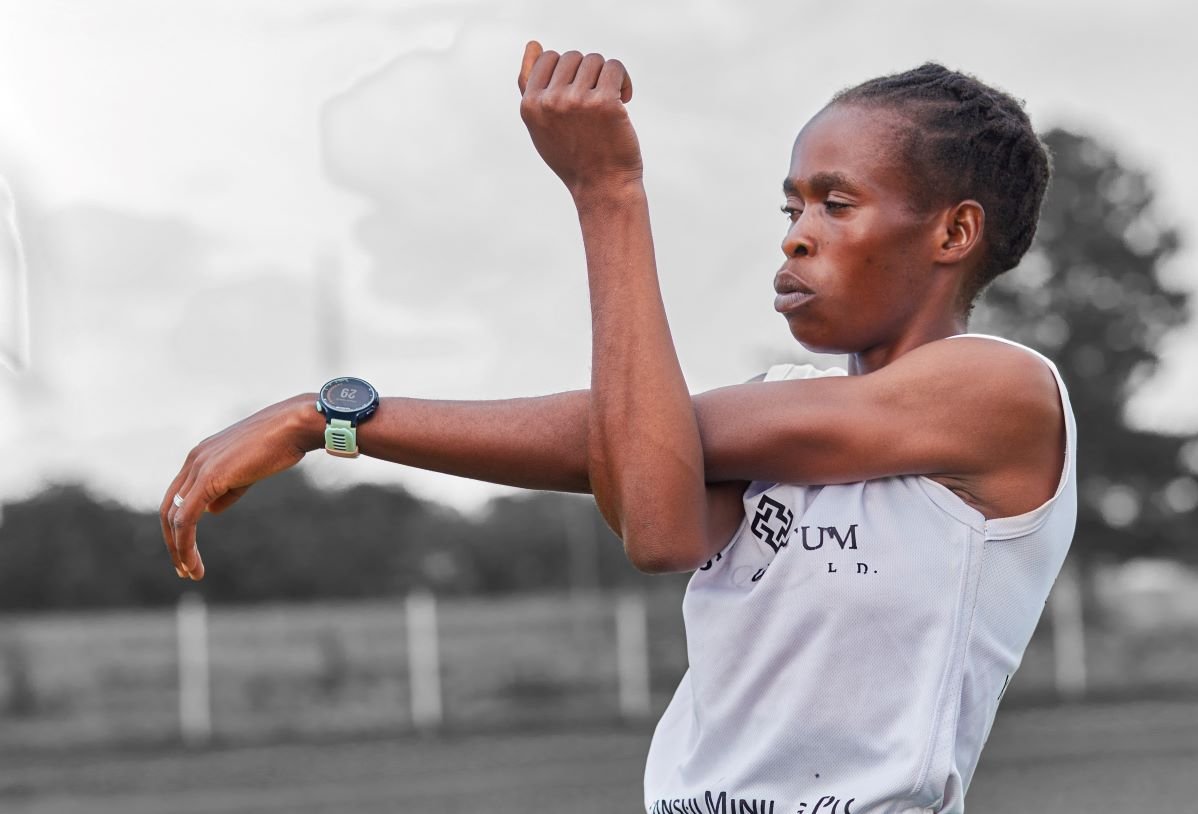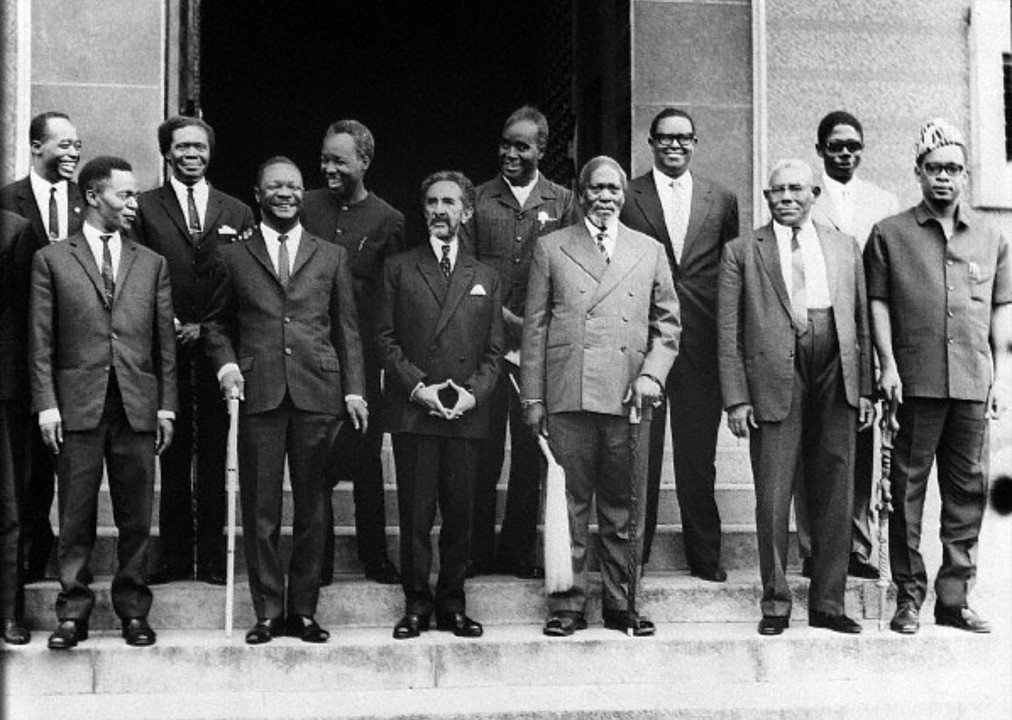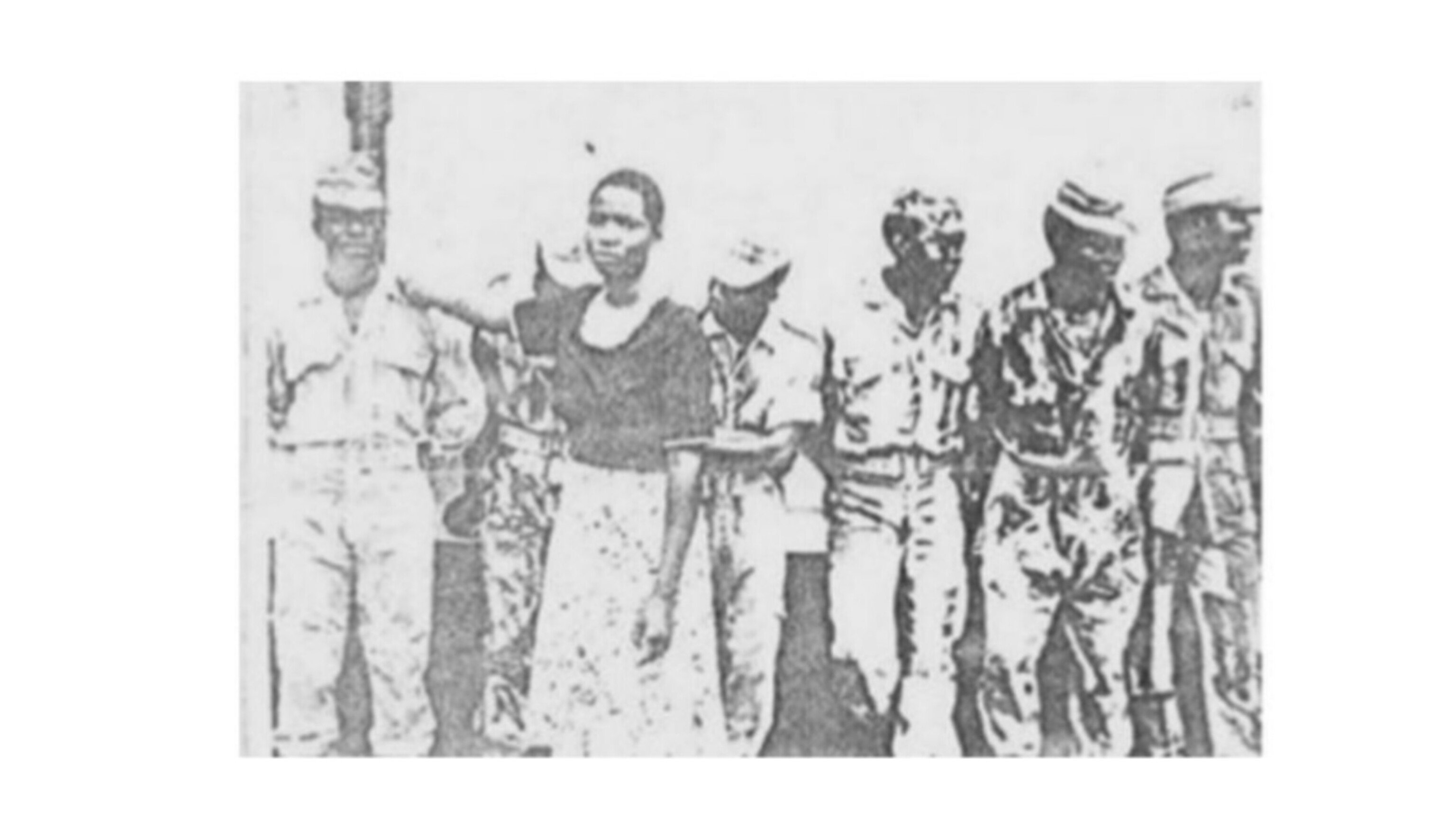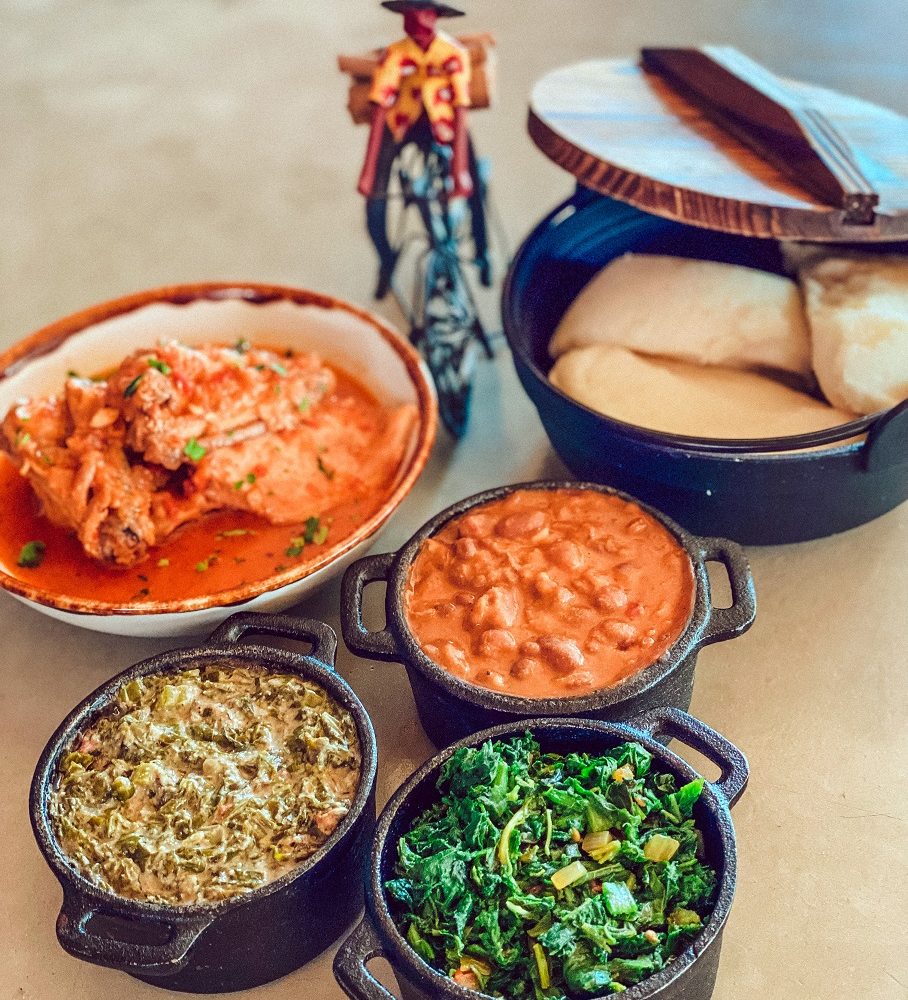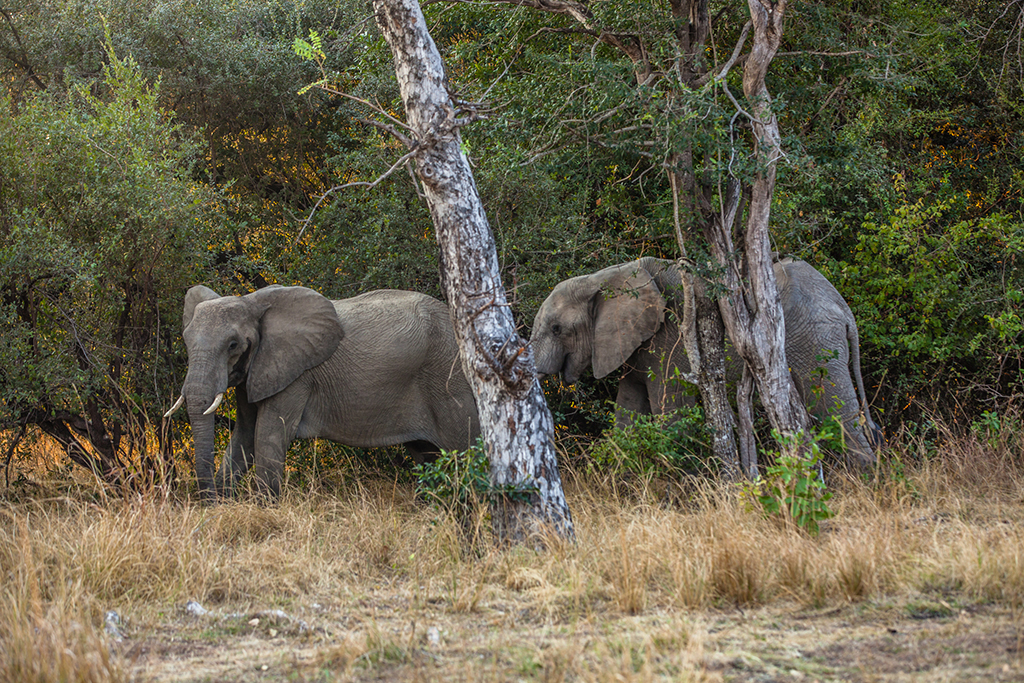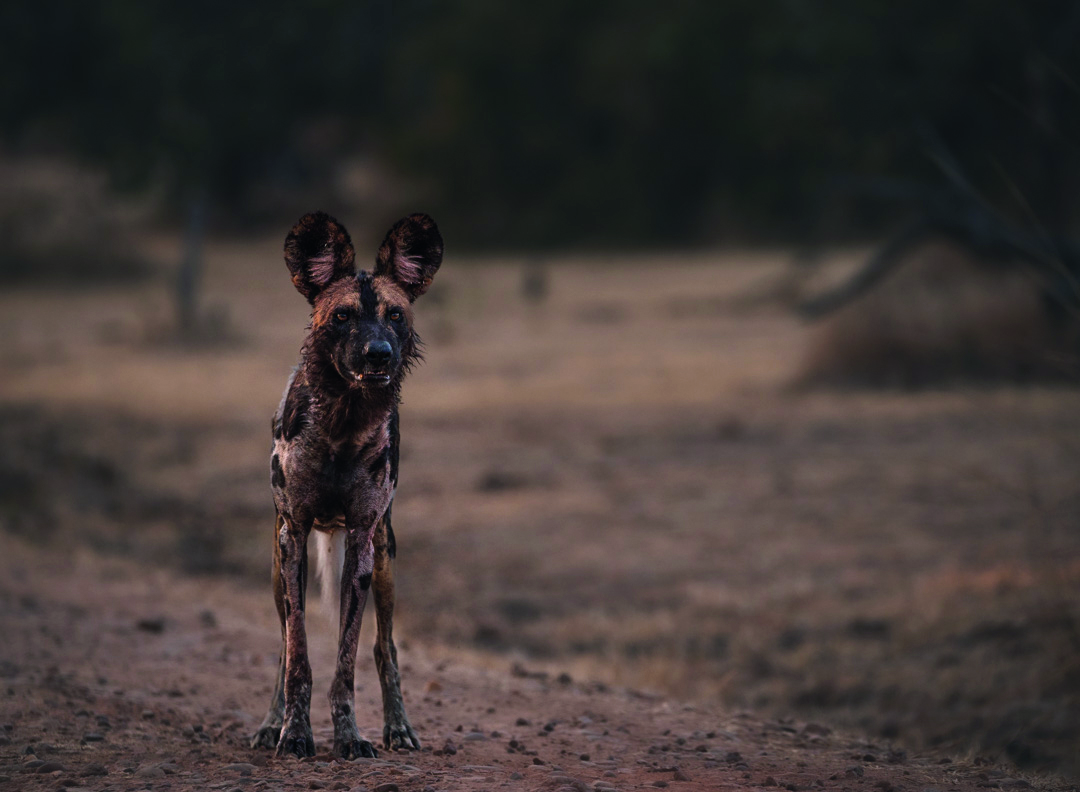For many Zimbabweans in the diaspora and at home, Cook Off is a symbol of hope. The romantic comedy tells the story of Anesu a down on her luck single mother whose son enters her into a reality TV cooking competition that turns her life upside down. Beyond the comedy and romance is the story of faith, chasing your dreams, and the audacity of hope, it’s a universal story of the power of believing in yourself. It has a welcome narrative as it represents the spirit of Zimbabwe in an authentic way.

Tomas Lutuli Brickhill, the writer and director of Cook Off, was inspired by his childhood. He shares, “I spent a lot of time in the kitchen growing up – both my grandmothers were keen chefs, so a film with food as a central theme felt very natural to me. I also really liked the idea of having a female protagonist because I feel like we don’t have enough stories where the main character is a woman.”
The decision to make the film a romantic comedy was very intentional; Tomas and his producing partner Joe Njagu felt that they wanted to shift away from negative narratives around Africa. They wanted a film that portrayed something closer to their real experiences of growing up and living in Zimbabwe to show the world that while there are struggles, that is not what defines Zimbabwe or its people. Brickhill explains, “We are just normal people living our lives and what could be more normal than a classic love story?”

With a cast made up of experienced actors, veteran actors and some first-time actors, Joe played a large role in getting the more established cast on board, which was a challenge due to budget constraints. However, once the actors read the script and saw how serious the production team was about making the film despite the low budget, they were excited to get involved.
The film features cameos from well-known performers thanks to the director’s previous experience as the manager of the Book Cafe in Harare, which was the premier arts and culture venue in the city at the time. His good relationships with a number of musicians as well as his own knowledge of the local music scene in Zimbabwe meant that he was able to showcase a fantastically diverse range of local music in the film, from pop to soul to rock.

Tomas explains, “Thankfully the artists were kind enough to let us license the music to use in the film for free. As for the cameos, many of those such as poet Chirikure Chirikure and rock star Shingai Shoniwa from the Noisettes were also connections I had from my days at Book Cafe, but producer Joe Ngaju also brought in a load of stars including Jesesi Mungoshi of Neria fame.”
Discussing why she took part in the film, actress Tendaiishe Chitima says, “What attracted me to paying Anesu was the story. The story was well written and the narrative was different from the roles I had been playing. I had played some not so positive portrayals of foreign women in South Africa, from an immigrant that gets trafficked to a prostitute. I was looking for a positive story about my people because they exist. Anesu is resilient and her determination and her personality and her going for her dreams against all odds resonated with me. The fact that it was a rom com and something light was different from what we normally see in terms of African content.”
Actor Tendai “Tehn Diamond” Nguni who plays the romantic lead, Prince, in the film has seamlessly transitioned from music to acting. He shares, “I love to learn and I love to challenge myself. So coming into acting didn’t feel so much like a transition, but a learning experience. They say every creative has at least two mediums in them, so really it felt natural. A little uncomfortable at times, because I was surrounded by so many professionals and yet here I was, some rapper on set with the chance to show up and hopefully hold his own. It didn’t hurt that I’d spent a lot of time on stage throughout school. More than anything, it felt good to be living out another childhood dream.”
The film was shot in 2017 but only released in June on Netflix in 2020 and prior to that the film did go around the festival circuit throughout 2018 and 2019 whilst the team were working on the final edit of the film. Tomas shares, “We were keen to try and get a cinema release and had interest from some independent cinemas in Kenya and Zambia before COVID-19 hit – at which point we decided to just focus on the digital release. We really owe a lot of the success of our actual release to Zoe Flood, our co-producer, who really understood how to pitch the ‘story’ of how we made the film to journalists, which in return got us a lot of press interest. A lot of hard work was put in to publicise the film because normally Hollywood films have big budgets for marketing so that people know their films exist, but in our case, we had to work harder to make a lot of noise without having lots of money to spend on marketing.”
Producer Joe Njagu expresses, “Netflix came onto the scene in a very big way and changed the game by allowing fair play for filmmakers everywhere around the world. Every time I put on Netflix and I see Cook Off next to big Hollywood films on the same platform it’s amazing! Netflix has really evened the playing field and it offers filmmakers an opportunity to take advantage of. Chartering into this new territory is exciting and to be the ones to put our foot in the door on an international level was exciting.”
Joe also explains, “It is important for Zimbabweans to add their own voice and tell their own stories because who best to tell your story than yourself? A lot of times our stories are told by people from the outside who have their own perspective and agenda. If we can be given the chance to tell our own stories and introduce ourselves to the world then that is key to authenticity in storytelling and filmmaking.”
The overall reception of the film has been incredibly positive and diverse, garnering attention from fans in Brazil all the way to Australia and of course Zimbabweans in the diaspora are happy to see a story from home. The film won its first two international awards at the Cambria Film Festival in California, confirming that the film does indeed have universal appeal.
With such a great response to the film audiences are asking if there will be a sequel. Both Joe and Tomas laugh, “We have no immediate plans for a sequel, but it’s not the first time it’s been mentioned and if there was interest from investors, we do already have some ideas about what storyline a potential sequel might follow. For now, we’re still very much focused on continuing to market the release of this film.”
Cook Off is available for streaming on Netflix now.
